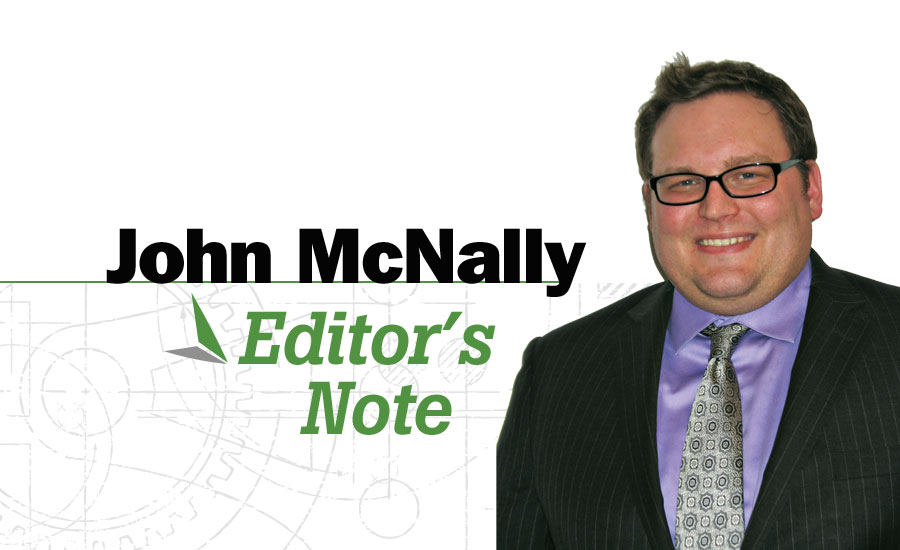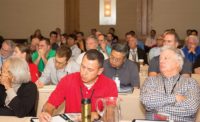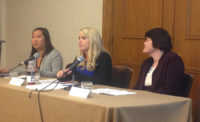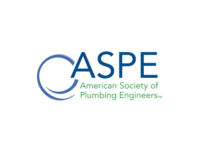I had quite a few episodes of déjà vu during the ASPE Technical Symposium Oct. 1-4 at the Hyatt Regency in St. Louis.
On Oct. 2, I sat in the audience of the Ethics in Plumbing Engineering panel discussion and I felt as if I was back in journalism school at the University of Wisconsin-Milwaukee. Just as when I sat in a room with fellow prospective journalists, a near-full room of 30 engineers and industry professionals discussed the ethical issues they face during the course of a project and beyond.
The panel consisted of:
- Moderator – Devin Abellon, P.E., business-development manager for engineering services at Uponor North America;
- Panelist – John Pritchard, a licensed plumber and member of the Plumbers Local #130 in Chicago;
- Panelist – Calina Ferraro, P.E., mechanical associate principal at Randall Lamb in San Diego;
- Panelist – Mike Rivers, a design services manager at Uponor North America; and
- Panelist – Michael Anders, senior project manager/estimator for B.E. Scaife Plumbing in St. Louis.
For a deeper breakdown of this and other panel discussions – and the overall 2015 ASPE Technical Symposium – please turn to page 28.
The group assembled here discussed a lot about the gray areas engineers and the rest of the industry come across during (and after) office hours. The panel specifically discussed situations such as dinners and trips put together by manufacturers hoping you’ll spec their product, contactors that may look to save money and clients that need to be kept in check with their demands.
I spoke with Ferraro after the session wrapped because I was impressed with the points she had made and because her fellow ASPE members listened to her. I started by asking how many times she has come across an ethical dilemma that makes her stop to think if she’s coming close to crossing that line.
“It’s not really that often when you have to sit and weigh the (decision),” she told me. “We make judgment calls and that’s why it is important to have a firm framework in mind about what your responsibility is and make sure you are acting in accordance with that.”
Additionally, Ferraro said that developing a relationship with a manufacturer is critical to an engineer and his or her clients. However, an engineer has to make sure that relationship does not become a quid pro quo partnership.
“Your duty is to the public and your client,” she said. “It’s part of your responsibility to understand the equipment and the processes while developing these relationships.
“I do not just bring my technical knowledge to the table; I bring an understanding of the industry. I bring an understanding of which manufacturers we can work with.”
Ferraro hit the nail on the head. It is perfectly acceptable to meet with manufacturers and their reps – whether it is on a paid trip or dinner – because you need to have strong relationships with them. It is part of the job description and critical for when you are working with your clients.
Still, it is on you to make sure those relationships do not devolve into a “you scratch my back, I’ll scratch yours” partnership.
Take a moment to ponder where you are at with your industry relationships. Do you feel a little uneasy? If so, make a change immediately.
This article was originally titled “Let’s get ethical” in the November 2015 print edition of PM Engineer.




